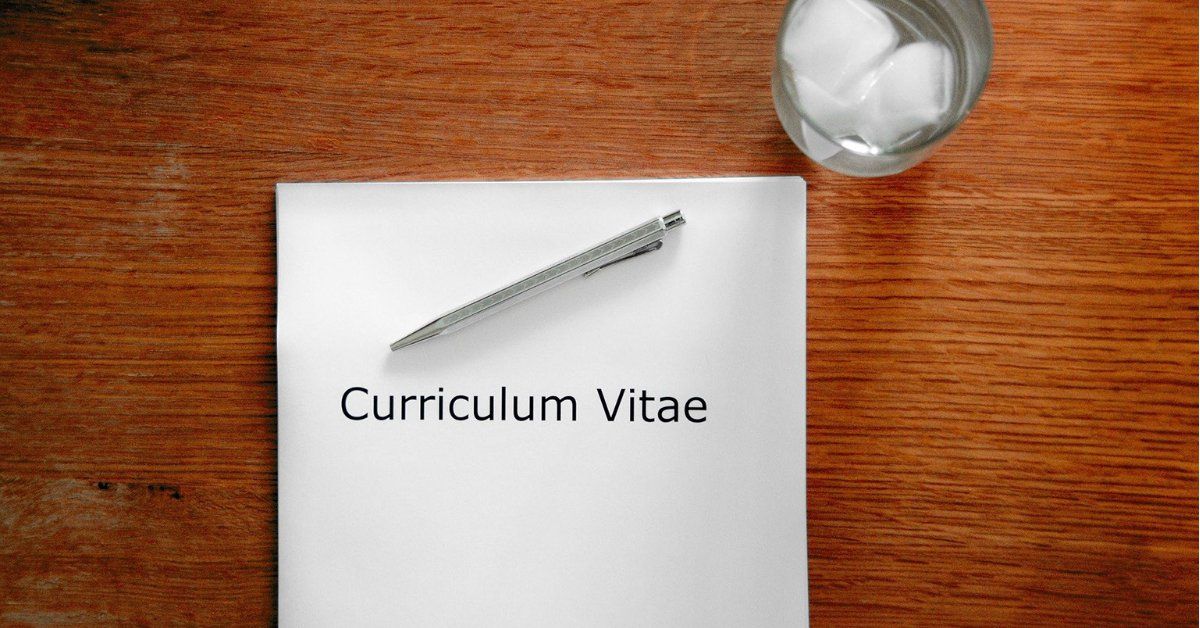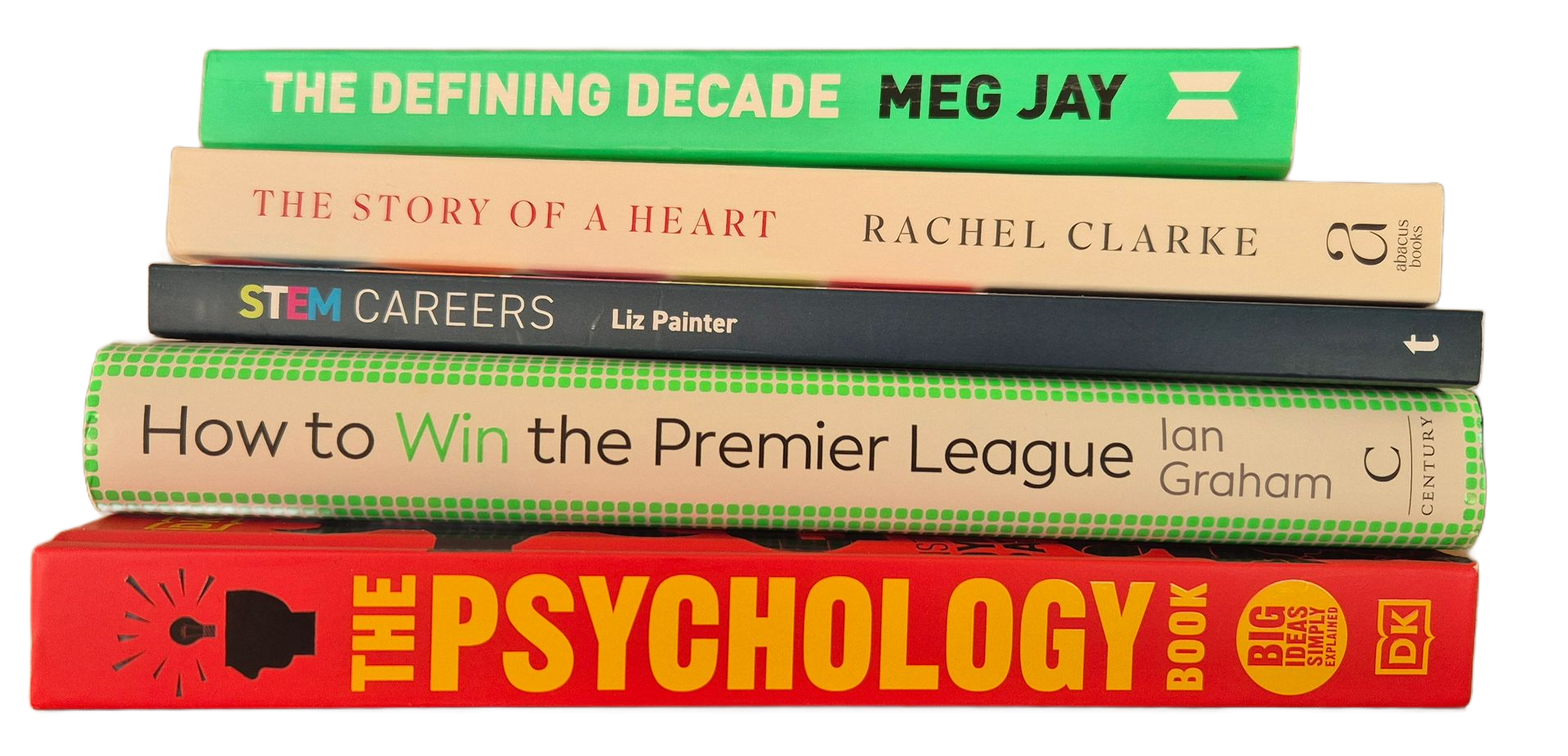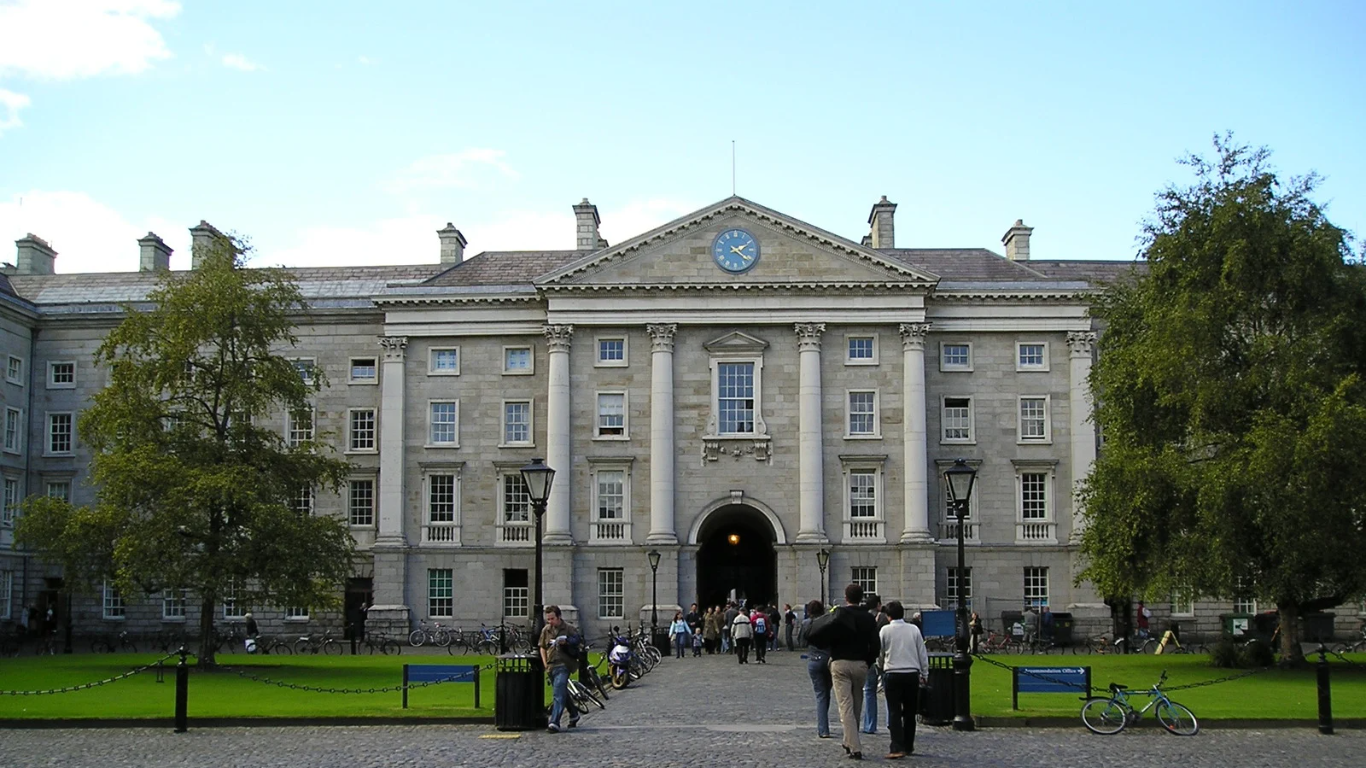Exploring Scholarships and Bursaries for Third Level Education in Ireland

Choosing courses and colleges can be daunting, and even more so when we start to dig deeper into the costs of going to college.
If we don’t have access to a local college or university that offers the right courses for our career goals—within a CAO points range we can realistically achieve—the financial burden of third-level education goes far beyond tuition fees and textbooks. We also have to find cash for the added costs of accommodation, food, transportation, and other daily expenses, making higher education an even greater challenge.
My oldest son started in college over ten years ago, and although he didn’t get a scholarship for his undergraduate, four-year degree, he was fortunate to get sponsored by a future employer for his postgraduate course which set him up for pivoting from an arts programme into business. I have to admit, I was a very happy parent to hear that his future employers were going to foot his fees!
For parents, one way to ease or reduce this burden of college costs (in addition to SUSI grants, if applicable) is to look into the variety of scholarships and bursaries available and identify if your son or daughter may be eligible to apply for one (or more) of those available. Many parents may have heard about sports scholarships, but what other scholarships are available and how can we find out more.
WHAT TYPE OF SCHOLARSHIPS ARE AVAILABLE?
There’s a wide variety of scholarships available for Irish students applying via the CAO system. These are based on academic merit, financial need, sporting achievements, and much more. I've grouped them into 5 categories with examples of programmes across the country.
1. Academic Excellence Scholarships
These are awarded to students with outstanding academic achievements, particularly in the Leaving Certificate. For some colleges, students do not need to apply because the scholarships are awarded automatically based on CAO points. Typically they are awarded in the autumn / spring semester:
- University of Galway: There are up to 40 excellence scholarships available each year, and awardees receive €1,500 to recognise their academic success. For more detailed information, check out University of Galway Excellence Scholarship.
- University College Dublin (UCD):
- The UCD Entrance Scholars programme recognises incoming first-year students with the highest CAO points score from each school in Ireland. There’s no monetary awards, but students are invited to an awards ceremony, receive a parchment, and can benefit from using this on their CV, which will enhance their applications for internships, further study opportunities, and work placements.
- The Ad Astra Academic Scholarships require students to submit an online application that includes a personal statement and a statement of achievement with accomplishments outside of the classroom. Successful students can receive up to €3,000 for each year that they are eligible. Note, the Ad Astra closes on 31st January each year.
Check out the scholarship pages of the Univeristy of most interest.
2. Sports Scholarships
These are designed to support highly talented athletes who compete at international or inter-county / provincial level (GAA, Rugby, etc) while they pursue their studies. For some colleges, applications must be submitted in Spring of Leaving Certificate year, as high performing athletes may be deemed eligible for CAO points concessions (up to 60 points depending on university).
In addition to the points concessions, students may be eligible for a monetary subsistence bursary, an on-campus accommodation guarantee (though some colleges require students to pay the costs themselves or a portion of the costs can be deducted or part paid from their bursary award). They also get access to top-level coaching and playing facilities, sports psychologists, medical and physiotherapy support, and health, nutrition, and S&C advice while also benefiting from individual academic and career development support.
Top Tip: start the application early so you can gather references and supporting information from your sporting bodies or boards.
- University of Limerick (UL): UL Sports Scholarship—apply between 2nd January to 8th March 2026. You can find an application form here Sports Scholarships | University of Limerick
- University of Galway: There are up to 20 Elite Sports Scholarships each year, and students must apply online at Elite Sport Scholarship Details - University of Galway between 14th January and 17th April 2026.
- ATU: Sports Scholarships are available for new entrants with bursaries of up to €3,000, and applications are accepted online from the beginning of January with three closing dates. First preference applications close in April, followed by June and October. Eligibility is outlined here Eligibility - Atlantic Technological University
3. Financial Need-Based Bursaries
Aimed at encouraging students from a broader range of backgrounds to support their participation and success at college.
- 1916 Bursary Fund: For students from lower-income families and/or groups most underrepresented in higher education. The aim of the 1916 Bursary Fund is to encourage participation and achievement of students who are socio-economically disadvantaged. To be eligible for a 1916 bursary, all applicants must meet financial, priority group and college entry eligibility criteria, with applications closing in October.
- Meissner at University of Galway: Aimed at students in Connacht who are eligible for HEAR and can apply the beginning of October.
Find out more about the application process at Meissner Scholarship - University of Galway
- Optum North West: Offer initiatives and grants to promote a more diverse workforce by supporting college students in multiple colleges. Applications close in October, with further details here: Scholarships, Grants & Education Programmes | Optum Ireland
4. Subject-Specific Scholarships
There are a wide variety of these which can be found in greater detail on Careers Portal Scholarship Finder tool. They can be linked to fields of study in any university or they can be targeted at students attending a specific course in a specified college.
- University of Galway: The Terence O’Malley DLA Piper scholarship provides financial assistance for law students in UOG who are from the West of Ireland and applications are invited after enrolment in year one of a Law course.
- Coillte: Aimed at Forestry students attending UCD or SETU with up to €5,000 per year to support fees and/or living expenses in addition to paid summer work. Coillte's Forestry Scholarship and Student Opportunities applications close in May.
- Irish Taxation Institute: Provide financial support, mentoring and work opportunities for students interested in tax advisory and studying business, accountancy or tax. Leaving Cert students must apply via their Guidance Counsellor with applications to be submitted by April. You can learn more at Scholarships - Irish Tax Institute
5. Creative, Cultural & Irish Language Scholarships
There’s a wide variety of programmes and most are specific to different colleges. These are just two of a myriad available.
- University College Dublin (UCD): The UCD Ad Astra Academy recognises exceptional students in performing arts ranging from classical musicians to actors, playwrights and directors. This scholarship offers a range of benefits including financial, mentoring and the opportunity to work with experienced professionals.
- University of Galway: The Creative Arts Performance Points Scholarships recognise students in Creative Writing, Film, Digital Media, Drama and Theatre with CAO points concessions. Closing date for applications is 16th May 2025.
IDENTIFYING THE SCHOLARSHIP OPTIONS:
Students and parents can explore scholarship opportunities through university websites, professional bodies, sporting organisations and private companies. There are loads! So the quickest, easiest tool to use is on Careers Portal.
They offer a scholarship explorer tool which allows parents and students research all available scholarship opportunities by course area; college or scholarship type.
Check it out here: Scholarships in Ireland | CareersPortal.ie
If you think your son or daughter may be eligible; my advice is to START THE PROCESS EARLY. Check eligibility criteria, deadlines, and application requirements. There may be detailed paperwork to complete; references to gather or personal statements to write so start now to maximise chances of success.
NEXT STEPS?
CHOOSE COURSES THAT ALIGN WITH YOUR CAREER ASPIRATIONS BEFORE APPLYING
Before applying for scholarships, students should take their time to carefully consider what course of study aligns best with their aptitudes, strengths, interests, and challenges that engage you most.
Then research the different courses and routes available, speak with career guidance or career advisors, and identify the fields of study that will engage and excite you throughout your college experience.
Many scholarships are specific to particular fields of study and involve writing a personal statement or attending an interview, so having clarity on your preferred academic direction will increase your chances of getting the scholarship and financial support.
Comment below or message me directly if you have any questions.
Blog Posting Date: 5 March 2025
Updated: 4 December 2025










